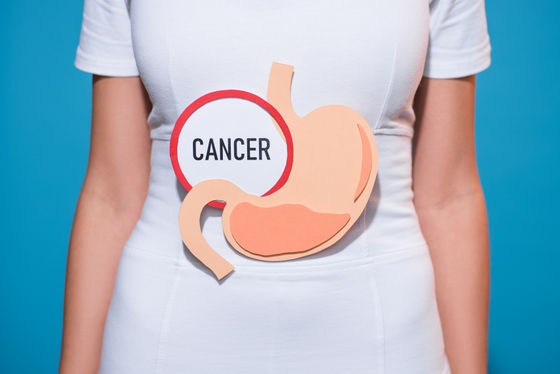Technology that can 'predict' esophageal cancer and stomach cancer 3 years before diagnosis with AI has appeared

Researchers have successfully developed an AI tool that can accurately predict certain types of cancer within at least three years of diagnosis based on basic medical data that does not require special tests, such as weight and medical history. A research team at the University of Michigan announced.
Predicting Incident Adenocarcinoma of the Esophagus or Gastric Cardia Using Machine Learning of Electronic Health Records - Gastroenterology
AI can predict certain forms of esophageal and stomach cancer | Michigan Medicine
https://www.michiganmedicine.org/health-lab/ai-can-predict-certain-forms-esophageal-and-stomach-cancer
“Early detection of cancer-predicting symptoms through screening allows patients to take preventive measures against cancer. No,' said Joel Rubenstein, a researcher at the Veterans Affairs Medical Center in Michigan and a professor at the University of Michigan School of Medicine.
In the United States and other Western countries, esophageal cancer and gastric cancer are rapidly increasing, and among them, esophageal adenocarcinoma (EAC) and gastric cardia line cancer (GCA), which occurs at the entrance from the esophagus to the stomach, are particularly lethal. is a high cancer.

Since these cancers are often triggered by
“We developed a tool to identify patients with Barrett's esophagus more than 10 years ago,” Rubenstein said. is not routinely measured, and in order for clinicians to use this tool, they had to use a dedicated website to calculate patient risk.'
Therefore, this time, the research team of Mr. Rubenstein and others used AI to analyze data on the incidence of EAC and GCA in more than 10 million American veterans, and used AI tools to identify these cancers from medical information. Developed K-ECAN (Kettles Esophageal and Cardia Adenocarcinoma predictioN tool).
Unlike conventional cancer diagnostic tools, K-ECAN uses easily available data from electronic medical records (EHR), such as patient weight, statistical information, past diagnosis history, routine test results, etc. Accurately identify EAC and GCA risks.

When the research team tested the accuracy of K-ECAN in the field, it was more accurate than existing guidelines and previously validated predictive tools, accurately predicting cancer at least three years before diagnosis. He said. Moreover, since K-ECAN functions as an automated tool embedded in electronic medical records, it is expected to make cancer identification easier than ever before.
“Gastroesophageal reflux symptoms, such as heartburn, are important risk factors for esophageal cancer,” Rubenstein said. Half of cancer patients have never had gastroesophageal reflux, so K-ECAN is particularly useful for identifying people at high risk for cancer regardless of whether they have symptoms of gastroesophageal reflux. That's it,' he said.
Related Posts:
in Software, Posted by log1l_ks







